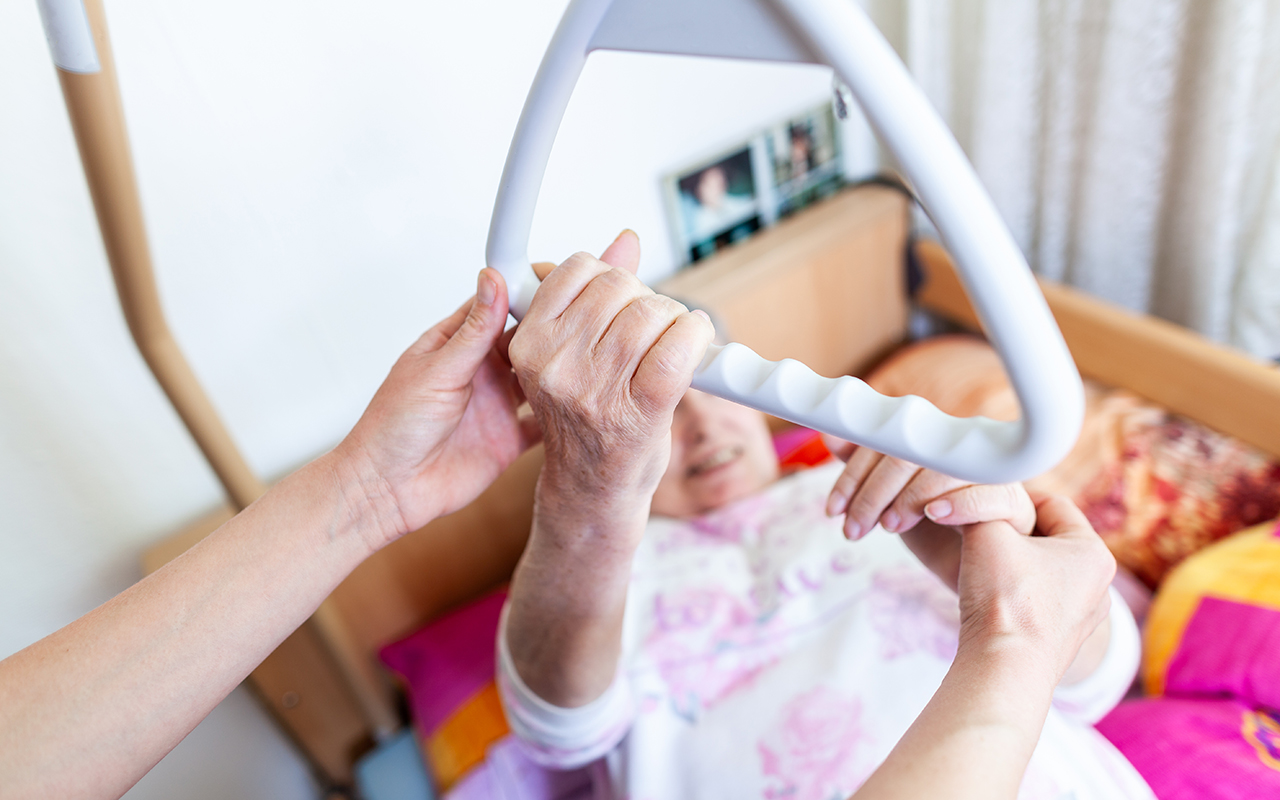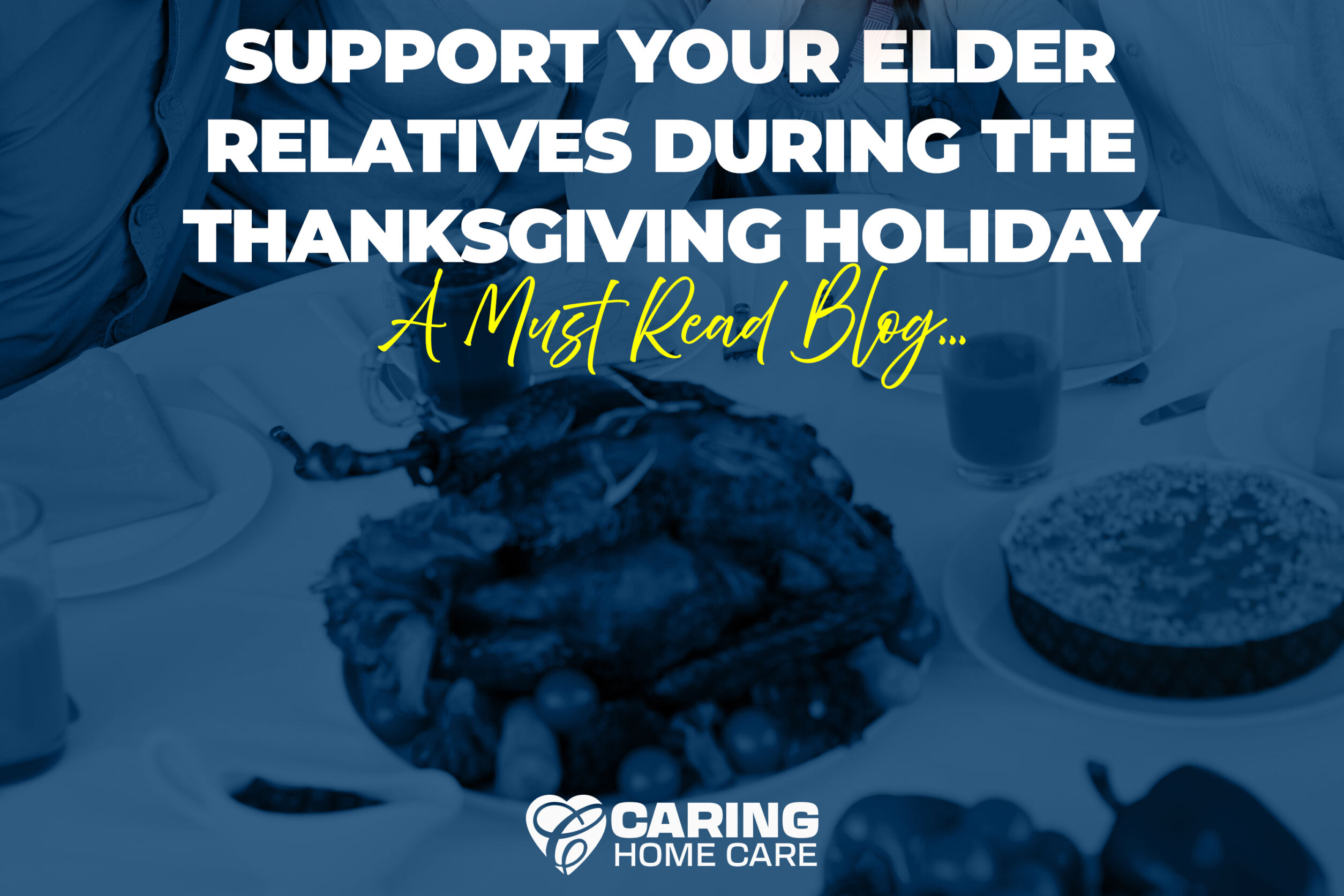Share
Parkinson’s Disease (PD) is a cruel illness that impacts both the victim and their loved ones. Somewhere during the mid to late stages, a series of disturbing neuropsychological symptoms manifest.
Many PD patients experience hallucinations or delusions (typical of Parkinson’s disease psychosis). For caregivers, the most daunting part of the mission may be dealing with the hallucinations and periodic episodes of psychosis. Caring for a loved one with PD psychosis is often a full-time, hands-on type of engagement. Below is a roundup of tips on how to provide care and support for a loved one with PD.
Ask for Help
Caring for a loved one suffering from PD can take a toll on your patience and safety. Family members should not wait until it is too late to hire a professional caregiver. Where possible, providing care for PD patients should be a collaborative team effort between the family and a professional caregiver. Delegate tasks where possible and accept help where offered.
Remember, it’s okay to not feel up to the task on some days, it happens to the best of us.
Learn to Identify the Signs Early
Identifying the early onset of hallucinations and episodes of delusions helps family members better manage and cope with the disease. Understanding the whole nature of PD better givers you the benefit of being able to provide the best loving care and support under the circumstances. It will also help you understand when calling in professional help is warranted.
Always Involve Your Physician
Frequently consulting with your loved ones’ physician not only allows the doctor to keep track of progress but also provides useful insights into how effective any continuing medications are. This makes it possible for your doctor to recommend alternatives that may help improve your loved one’s condition over time.
The Dos and Don’ts
Providing care for a PD patient requires patience and all the energy you can muster. While in psychotic states, your loved one may not respond well to reason. We advise caregivers to stay alert for signs of any belligerent behavior and predict the patient’s needs early enough.
Always remain calm and avoid any confrontational tones. Do not express frustration as this only makes things worse. Speak in gentle tones and talk a moment if you need to decompress. Being able to remain calm and level-headed adds another layer of success in itself. Try to empathize and remember it is scarier and more frustrating for your loved one not being able to tell apart what is real and what is not.
Get Respite When You Need It
Providing care for a loved one suffering from PD can feel like a full-time job. Taking a team approach that includes multiple family members, your loved one’s doctor, and a professional caregiver is often the best path. If only one person acts as the full-time caregiver it can easy to feel burnt out and even resentful of other family members who aren’t helping as much.
It may not be possible for all family members to contribute the same amount of time due to work and immediate family commitments. In that situation, it would be great to enlist the help of a professional caregiver to provide respite to the primary caregiver.
You can have peace of mind knowing that your loved one has a friendly face around when you’re unavailable for an extended period of time. Professional caregivers are able to assist with activities of daily living (ADLs) such as grooming, bathing, and meal preparation, while also ensuring the home is clean and safe for your family member. Learn more about getting matched with a professional caregiver today.
How Caregivers Can Reduce Injury While Assisting Seniors Providing daily care for seniors is meaningful work. It can also be physically demanding. Many caregiver injuries happen during lifting, transferring, or repositioning seniors. These injuries are often preventable when proper techniques are used. Learning caregiver injury prevention strategies protects both the caregiver and the senior. It
Why Professional Home Care Is Safer Than Family Only Care Caring for an aging loved one is deeply personal. Many families step in with the best intentions. However, as care needs increase, family only caregiving can become overwhelming and risky. This is where professional home care plays a critical role. Professional caregivers are trained, experienced,
Connecting During the Thanksgiving Holiday: How to Support Your Elder Relatives The Thanksgiving holiday is a time filled with warmth, gratitude, and meaningful family traditions. However, for many older adults, it can also be a period of loneliness or emotional distance. This is especially true for seniors who live alone, have limited mobility, or are
Transition to In-Home Care: Helping Seniors Adjust Comfortably to Elderly Care Services Understanding the In-Home Care Transition The decision to begin in-home care is a big step for both seniors and their families. It often marks the start of a new chapter—one focused on safety, comfort, and support. However, the in-home care transition can bring
Need A Caregiver? Fill Out Form Below
With our competitive rates, we make receiving in-home care affordable regardless of whether you’re using your insurance or paying out of pocket.







